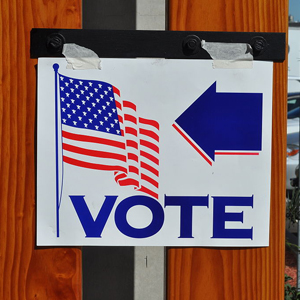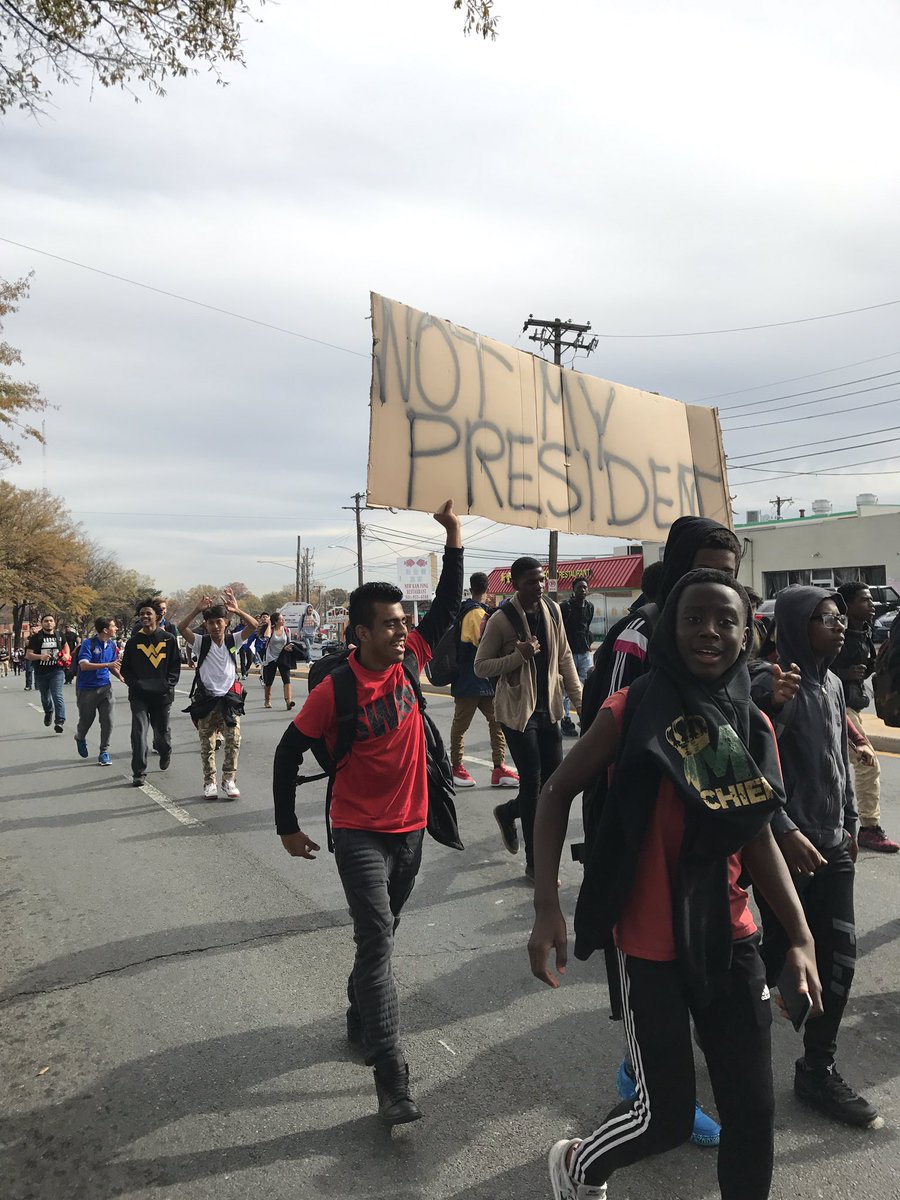A new survey of young adults finds widespread confusion over voting rules and requirements, including registration, early voting and voting identification, a development that could lead to some young people not being able to vote at all.
 Eighty percent of adults between the ages of 18 and 29 either did not know or were wrong about how much in advance they must register to vote in their home states, according to a recent survey of nearly 1,700 young adults released today by Tufts University’s nonpartisan Center for Information and Research on Civic Learning and Engagement.
Eighty percent of adults between the ages of 18 and 29 either did not know or were wrong about how much in advance they must register to vote in their home states, according to a recent survey of nearly 1,700 young adults released today by Tufts University’s nonpartisan Center for Information and Research on Civic Learning and Engagement.
Of the 29 percent not yet registered to vote, nearly one in three thought they had until Election Day to register – despite living in states that require all voters to register at least 30 days in advance. That means that if these voters wait too long to get engaged in the political process, they may find themselves unable to cast ballots at all, said Peter Levine, the director of the center, which is based out of Tufts’ Jonathan M. Tisch College of Citizenship and Public Service.
In addition, 68 percent of all young adults surveyed were either unable to answer or were wrong about their state’s rules for voting early, and 44 percent didn’t know if they had to show a government photo ID or a driver’s license to vote.
This lack of information is the result of a “uniquely complicated” patchwork of voting laws across the country, with each of the 50 states and the District of Columbia enforcing its own rules on voter registration, identification and early voting, Levine said.
“The rules aren’t very well-publicized. We don’t teach them in schools,” Levine said. “It should be a simpler process and it should be more uniform.”
Biko Baker, executive director of The League of Young Voters, said the survey’s findings revealed a need to strengthen democracy in the United States.
“Huge numbers don’t understand voter registration laws in their states,” Baker said. “We need to think seriously about what this data means for our democracy.”
The survey shows that young people are most likely to vote if approached by a friend, said Alexandra Acker Lyons, director of the Youth Engagement Fund, which commissioned the survey. Knowledge Networks conducted the survey between June 22 and July 2, 2012.
Levine agreed that old-fashioned personal contact, through door-to-door visits, phone calls or even text messages, was the most effective way to reach young voters. “I think one thing that comes out is that when young people are contacted, they do vote at a higher rate,” he said.
“We really need the help of the news media,” Levine said. “Our survey may be helpful in alerting people to the problem, but the press has to tell people what the rules are. If you need voter ID of a certain type, you need to tell people now.”
Of the respondents, the survey also found:
- 55 percent favored voting for President Barack Obama while 42 percent favored Mitt Romney if the election were held today
- 39 percent chose the word “disappointed” to express their feelings about Obama as president
- 23.6 percent were unemployed and looking for work
- 94.7 percent had a mobile or cell phone
- Of those, 66.6 percent had a smartphone
- 41.2 percent weren’t sure how they felt about the federal health care law
- 45.6 percent felt the country was moving in the wrong direction
- 51.1 percent supported the Buffett Rule, which would impose a 30 percent tax on anyone making more than $1 million
- 50.2 percent supported legalization of same-sex marriages
Since the 2008 elections, 16.8 million youth have become old enough to vote, according to an analysis of 2010 Census data conducted by CIRCLE.
Young adults between the ages of 18 to 29 make up about 46 million, or 24 percent, of the total voting population, according to CIRCLE.
Photo by Wikipedia


























